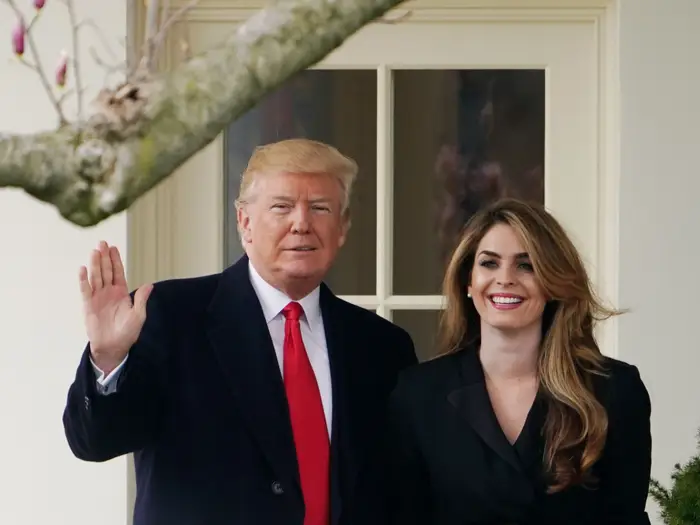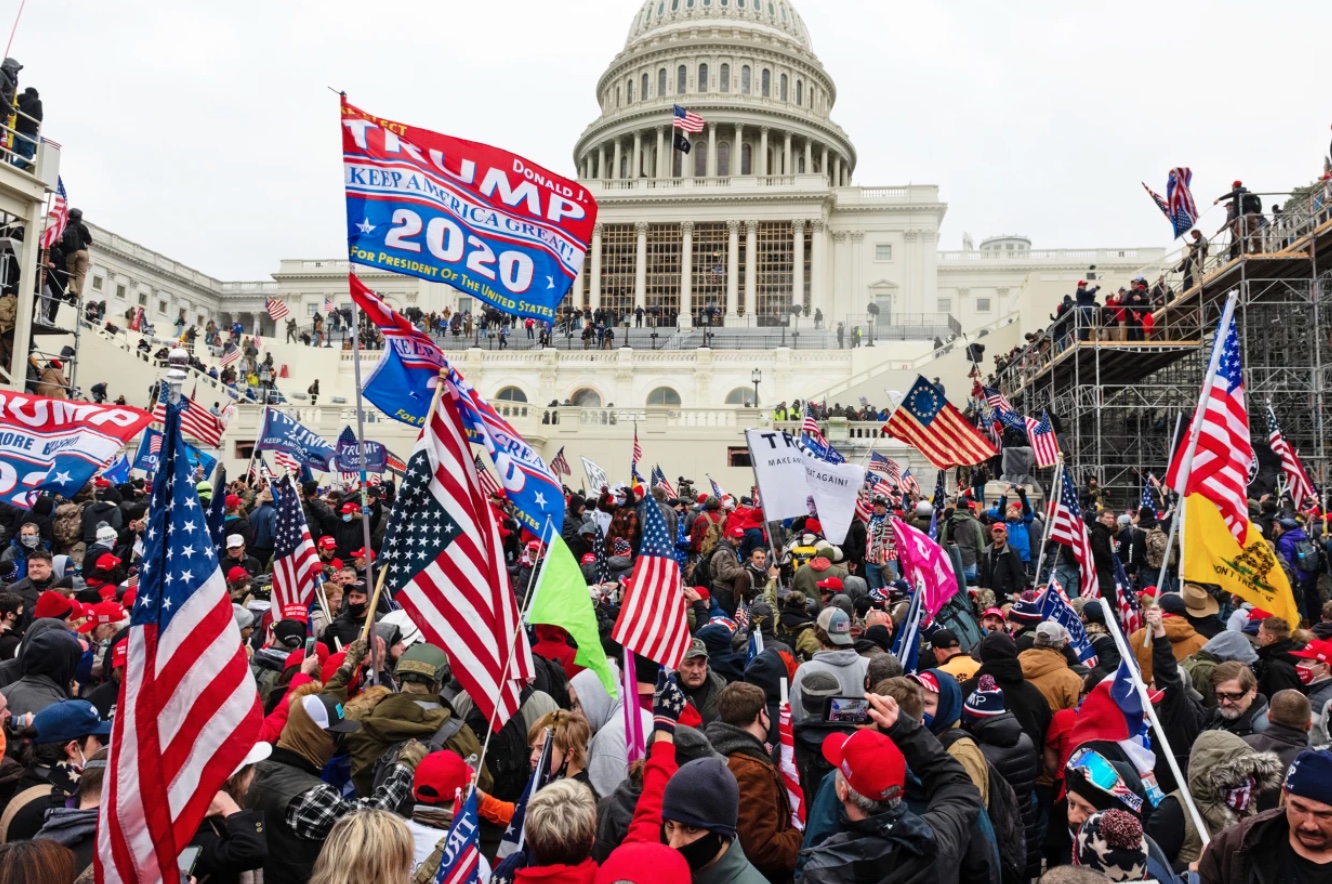This Friday marks two years since the attack on the U.S. Capitol.
The government and intelligence agencies continue to investigate those involved in the attack and hold those accountable for causing damages to the Capitol building, both inside and outside. An estimated $1.5 million worth of damages were caused to the building, according to a May 2021 estimate by the Architect of the Capitol.
Tens of thousands of Trump supporters rallied outside Washington during the congressional proceedings regarding the 2020 election results. The support quickly turned into a riot. Supporters stormed the Capitol, and went as far inside to the Senate floor. Five people died, including officers and a U.S. Veteran. Hours later, Biden became the President-elect.
Over the past two years, over 725 people have been arrested in nearly all 50 years, according to the Department of Justice.
On January 6, 140 police officers were assaulted. The majority were U.S Capitol Police and the 60 remaining were Metropolitan Police Department officers.
Members of the media were also assaulted and equipment including cameras and microphones were damaged— 10 individuals were arrested for the assault.
Just about 225 defendants have been charged with assaulting, resisting or interfering with officers of employees of the Capitol building, and over 75 people have been charged with using a dangerous weapon and causing injury to a law enforcement official.
Enter conspiracy.
About 40 individuals have been charged with conspiracy, either conspiracy to obstruct a congressional proceeding, conspiracy to obstruct law enforcement during a civil disorder, conspiracy to injure an officer or a combination of the three.
Federal intelligence agencies such as the FBI currently have 16 videos of different suspects wanted for violent assaults on officers and members of the media. Images and videos are now available for public use on their website. The FBI is asking the public for assistance in identifying over 350 suspects in committing violent acts on Capitol grounds and 250 who assaulted law enforcement officials.
Donald Trump was also under fire and the media pointed the finger at the former president and blamed him for, what has been labeled as, the “insurrection.” Over the course of the infamous day, Trump posted a series of tweets urging the rioters to go home.
“Please support our Capitol Police and Law Enforcement. They are truly on the side of our Country. Stay peaceful!” he tweeted at around 7 p.m., nearly 7 hours after the attack.
“I am asking for everyone in the U.S. Capitol to remain peaceful. No violence! Remember, WE are the Party of Law & Order – respect the Law and our great men and women in Blue. Thank you!” he added about an hour later.
But, even Trump’s team did not support him or his actions.

Hope Hicks served as the White House communications director and a counselor to the former president under the Trump administration. In a text message exchange between her and who is believed to be Julie Radford, who served as chief of staff to Ivanka Trump, Hicks expressed her fears for future employment.
“In one day he ended every future opportunity that doesn’t include speaking engagement at the local proud boys chapter,” she wrote. “And all of us that didn’t have jobs lined up will be perpetually unemployed.”
The texts were released to the public last Sunday by the January 6 committee.
“I’m so mad and upset,” she added. “We all look like domestic terrorists now.”
Hicks also added that her former colleague, Alyssa Farah Griffin, who served as White House director of strategic communications, was right to leave her job in December 2020. Farah Griffin went on to become a political contributor at CNN and co-host of The View.
House Republicans outlined the security failures, which enabled the assault on the U.S. Capitol.
“The intelligence failures, coupled with the Capitol Police Board’s failure to request National Guard assistance prior to January 6th, meant the District of Columbia National Guard (DCNG) was not activated, staged, and prepared to quickly respond to an attack on the Capitol,” the Senate report found.
More information is expected to be released as the committee and GOP make new findings.







